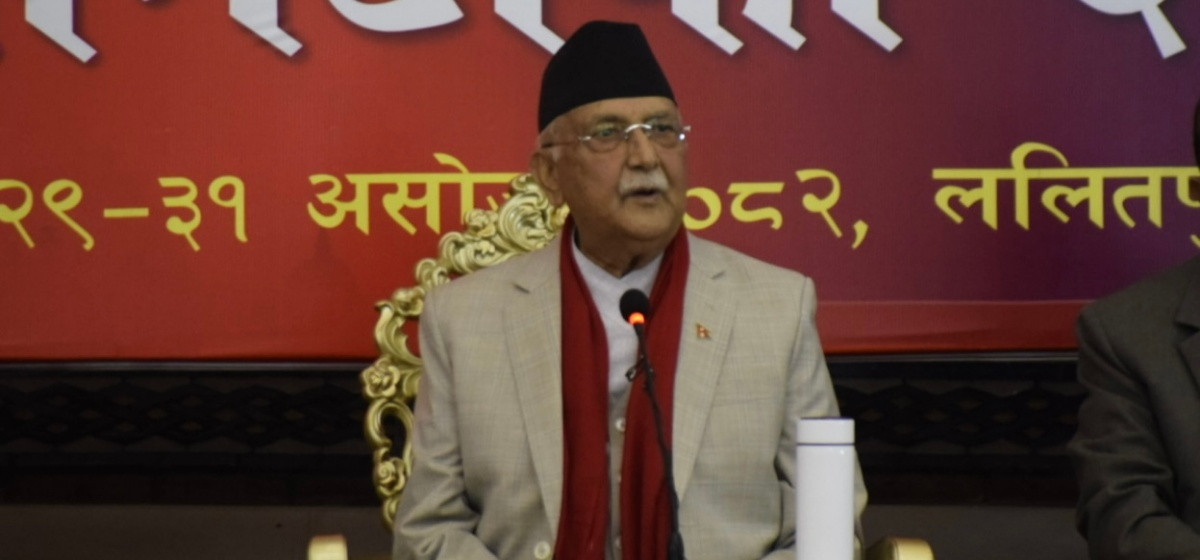Nepal Medical Association (NMA) on Monday halted all healthcare services across the country—except emergency care—causing immense suffering for thousands of patients. The NMA called the protest against the recent decision of the Consumer Court in a medical case. The NMA is demanding that medical disputes be handled solely under the jurisdiction of the Nepal Medical Council (NMC), not by the Consumer Court. Earlier, health workers across the country had shown their dissatisfaction over the court verdicts by wearing black bands on their wrists while on duty. The protest follows the Consumer Court’s rulings that ordered Grande Hospital and its doctors to pay Rs 5.7 million in compensation for alleged medical negligence. Similarly, Himal Hospital and its doctors were ordered to pay Rs 14.5 million, and Om Hospital was fined Rs 5.7 million. The NMA has maintained that the medical profession is a highly sensitive and science-based service, which should not be evaluated in the same way as other professions. They argue that issues of this kind should be dealt with by the NMC, not by the regular court. It is understandable that doctors may feel demoralized when they are penalized by the court despite having no ill intent while treating patients.
However, it is unacceptable under any circumstances for doctors to respond to dissatisfaction with a legal verdict by collectively suspending services across the country. This kind of protest is unbecoming of the medical profession. Consumer courts are a relatively new practice in Nepal. Cases are increasingly being filed against not only medical professionals but also other service providers. If all service providers begin to react in this way, the public’s right to justice will be deeply undermined. For this reason, it is inappropriate for doctors—who offer essential services—to stage protests by shutting down medical treatment for the needy in violation of professional ethics and existing laws. If we look at international practices, medical malpractice cases are also tried in consumer courts. Some countries have even established separate judicial mechanisms to deal with such cases. Some of the countries where consumer court deals with medical cases include India, the UK, the US, Australia and Brazil. A fresh discussion should be initiated to find a mutually acceptable and practical solution if stakeholders think that the current practice is indeed flawed. The NMC must immediately abandon this extreme measure of protest to suspend essential medical treatment services. Halting hospital services is an extreme measure that should only be used as a last resort to exert pressure on the state authorities.
Alternative way of healing

The NMC’s protest is expected to continue even on Tuesday, as there have not been any meaningful efforts to address the issues of the agitating medical professionals. The government should facilitate and help find a middle path to end the suspension of OPD services that has already affected thousands of ordinary people. The concerned government body, without any further delay, should initiate dialogue with all stakeholders to discuss the concerns raised by the NMA over the jurisdiction of the Consumer Court. The NMA also must reflect on its responsibilities. It must not make the grave mistake of turning healthcare services—the lifeline of the public—into a bargaining chip. Doctors are among the most trusted members of society. They must rise above confrontation and seek just solutions through responsible, ethical means.




































